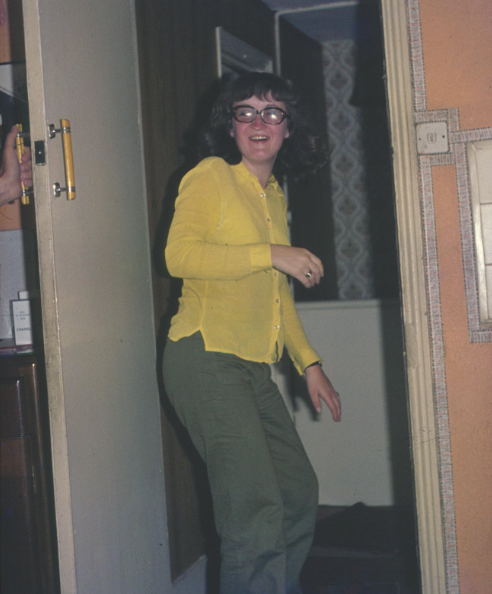
Warnings of blackouts this winter sent shudders through Britons who experienced the “awful” electricity outages of the 1970s.
The head of the National Grid has said British households could see switch-offs imposed between 4pm and 7pm on “really, really cold” winter weekdays if Europe cuts gas exports.
John Pettigrew said electricity and gas may be switched off on “those deepest, darkest evenings in January and February” if energy supplies from Europe prove insufficient due to the disruption of the war in Ukraine.

Countries across Europe are unable to rely on Russia for their gas as the colder months approach and, despite rationing, analysts said further cuts from Moscow could leave the continent short of supplies.
Unlike today, most of Britain's electricity came from coal, and so crisis struck in the 1970s when miners voted to strike over wages for six weeks between January and February 1972.
Miners picketed power stations in an effort to restrict coal supply, leading to mass blackouts around the country and businesses being forced to close.
This disagreement stretched until 1974 when then prime minister Sir Edward Heath was forced to implement a three-day working week to preserve energy.
Alison Hopkins, a retired IT sales manager and former local councillor recalled the boredom of the blackouts as a sixth-form student in the 1970s, sitting in the dark for hours at a time on multiple evenings a week.
“It was just profoundly, flipping boring, tedious,” Ms Hopkins, 67, told The Independent. “We’d have to try and work out how you would cook your meal around 9pm when the powers went off for three hours.”
Living in Brent during the 1970s, Ms Hopkins said blackouts were frequent, with lights going off at peak times into the evenings but sometimes in the middle of the day.
She added that some people were on three-day weeks and newspapers would provide a timetable of when there would be rolling power outages.

Starting work at a company which became BT, Ms Hopkins said: “It was so damn boring, you had no lights in your office and you had to go home early, you couldn’t go into a shop, you couldn’t get a coffee.
“It was boring, cold and tedious and when we got later into the 1970s we had shortages of sugar and loo roll.”
Ms Hopkins, who then lived with her parents, Donald Mcintosh and Charmian Mcintosh, said she was lucky enough to have a gas fire in her family living room but relied on camping gas lanterns to get around the house in the dark.
Jaine Lunn, 63, had a similar experience as a secondary student living in Doncaster, but she recalled frequently using candles around the house and batteries and torches becoming scarce in local hardware stores.

During blackouts in school time, she remembered being sent home early and sitting in the candlelight at home eating cold sandwiches for dinner.
“It happened very regularly, it would happen at different times of the day,” Ms Lunn said. “Sometimes they told us beforehand. They put it in the news what time you’d be cut off.
“The real hassle was figuring out when you’d do your washing. The washing machine would just stop spinning and it would be full. We had to do our homework by the candlelight – it was a nightmare, it went on for months, it was horrible.
“I just remember coming home from school and it being dark and you were bored. You just ended up going to bed wrapped up and cold.”

Ms Lunn, who lives in Wembley, said her parents both grew up in the war and were shocked in the 1970s that power was still being cut.
With her five siblings, Ms Lunn, said she drove her parents “bonkers” and would sometimes have to go across the village in the dark to check on her grandparents and sit with them until the blackout was over to ensure they were OK.

Bobbie Rawson, who works in catering was only around eight or nine at the time of the blackouts. However, she remembered the power outages more fondly.
“We were mostly all in one room with candles, we were playing games,” Ms Rawson, who then lived in northwest London, said.
She added: “Usually mum and dad would come home from work and the TV would be on, but now it is ‘Wow, they want to play games, this is great.’
“We played a version of hide and seek and we called it blackout. I remembered just being told the electricity isn’t coming back on tonight, but it was great fun for me.”







